Theocritus: The Pioneer of Pastoral Poetry
Introduction
In the rich tapestry of ancient Greek literature, one name stands out as the harbinger of a genre that celebrates the simplicity and beauty of rural life—Theocritus. Often regarded as the father of pastoral poetry, Theocritus crafted works that have endured through the ages, influencing not only his contemporaries but also countless poets and writers across centuries. His vivid portrayal of idyllic landscapes and rustic characters provides a window into the lives and dreams of ordinary people, untouched by the tumult of city life. This article embarks on an exploration of Theocritus, his life, his works, and his lasting legacy in the world of literature.
The Life of Theocritus
Theocritus's life, much like many ancient poets, is shrouded in mystery. Born in Syracuse, a city in the Greek island of Sicily, around 300 BC, his early years are largely undocumented. It is believed that his experiences in Sicily heavily influenced his pastoral settings, characterized by their lush landscapes and pastoral figures. Scholars suggest that his upbringing amidst the Sicilian countryside might have ignited his fascination with rural life.
In pursuit of literary excellence, Theocritus is assumed to have traveled extensively. His wanderings likely took him to influential centers of the Hellenistic world, such as Alexandria, where he became associated with the court of Ptolemy II Philadelphus. This journey not only enriched his perspectives but also exposed him to the vibrant cultural and intellectual milieu of the time, all of which left an indelible mark on his poetry.
The Birth of Pastoral Poetry
Theocritus is credited with pioneering the genre of pastoral poetry, a literary form that romanticizes rural life and landscapes. The pastoral tradition, initiated by Theocritus, became a cornerstone of Western literature, finding echoes in the works of Roman poets like Virgil and Ovid, as well as Renaissance writers and beyond.
Theocritus’s pastoral poems, known as "Idylls," are a collection of short poems that transport readers to a serene, bucolic world. The Idylls are characterized by their use of the Doric dialect and are set against the backdrop of shepherd life. These works capture the simple, innocent joys of country living, often juxtaposed with the harsh realities of urban existence. In Theocritus’s pastoral landscapes, shepherds sing, compete in music contests, and engage in love affairs, altogether painting an image of an unspoiled, harmonious universe.
Idylls: A Closer Look
Among Theocritus's Idylls, several stand out due to their depth and narrative brilliance. "Idyll I: Thyrsis" is a quintessential example, depicting a singing contest between a goatherd and a shepherd. This poem not only highlights the competitive spirit among rural inhabitants but also introduces themes of love and longing—a recurring subject in Theocritus’s work. Through vivid descriptions and melodic language, Theocritus elevates the daily lives of commoners to a realm of poetic grandeur.
"Idyll VII: The Harvest Feast" is another exemplary piece where Theocritus weaves a tale of camaraderie and celebration amidst the setting of a rustic festival. This idyll portrays the communal joy and simplicity of rural festivities, creating a vivid tableau that engages all senses. Such narratives by Theocritus underscore a recurring motif in his work—the celebration of nature and its intrinsic connection to human happiness.
Artistry and Influence
Theocritus’s mastery lies not only in his thematic choices but also in his innovative use of language. Employing the Doric dialect—a variety of Greek associated with rusticity and simplicity—he achieves a tone that resonates with authenticity and charm. This choice of language further enhances the pastoral ambiance of his work, lending it an air of genuine familiarity and warmth.
Theocritus’s pastoral themes and stylistic innovations reverberated through the subsequent generations of poets. Roman poet Virgil, in his "Eclogues," created a comprehensive tribute to Theocritan pastoralism. During the European Renaissance, Theocritus’s influence resurfaced, inspiring poets like Edmund Spenser and John Milton. The tradition of pastoral poetry continued to nourish the literary world, proving that Theocritus’s creations transcended both time and geographical boundaries.
The significance of Theocritus extends beyond his role as an originator of a new literary form; his work offers insights into the human condition, encapsulating universal themes within the specific framework of idyllic pastoral life. As we delve further into his legacy in the next parts, we will continue to unravel the intricate web of influences and narratives that establish Theocritus as a pivotal figure in the chronicles of literary history.
Theocritus and Hellenistic Culture
Theocritus's poetry is an exquisite reflection of Hellenistic culture, an era marked by its flourishing art, philosophy, and science following the conquests of Alexander the Great. During this period, cultural exchanges expanded, and cities like Alexandria became epicenters of intellectual activity. Theocritus, absorbed in this vibrant milieu, blended traditional Greek themes with Hellenistic elements, such as urban sophistication and cosmopolitan awareness. His work embodies the spirit of this age, where the rustic and the refined coexisted.
By presenting shepherds as deeply philosophical and capable of intellectual discourse, Theocritus melded the pastoral with scholarly ideas. This coupling spoke to a cultural dialogue between the bucolic simplicity and the bustling city life that characterized Hellenistic society. Theocritus’s ability to bridge these worlds not only made his poetry profoundly relatable but also expanded the thematic scope of literature in his time.
Theocritus’s Themes and Motifs
The thematic richness of Theocritus's work is multifaceted, encompassing not just the beauty of the countryside but also the more complex emotions and social issues of the human experience. His exploration of love, for instance, is nuanced and realistic. While many of his idylls celebrate idyllic and mutual affection, there are also those that address unrequited love and heartache, illustrating his understanding of the multifarious nature of human relationships.
Another recurring motif is the tension between rural utopia and urban reality. Through his idylls, Theocritus often contrasts the peaceful, fulfilling life of the countryside with the corrupting and chaotic influences of city existence. This dichotomy not only highlights the virtues of pastoral life but also serves as a critique of urbanization, resonating with audiences who might have felt the encroachment of urban values on traditional lifestyles.
The thematic interplay of solitude and community also merits attention in Theocritus’s work. Many of his idylls feature encounters between solitary shepherds who engage in dialogue, thus forming transient yet profound connections. These narratives emphasize the pastoral solidarity that provides solace and companionship amidst the vast, often isolating landscapes, reflecting Theocritus’s understanding of social dynamics within rural settings.
Symbolism and Imagery in Theocritus
Theocritus’s mastery over symbolism and imagery is evident in the way he paints vivid pictures with his words, evoking the senses and emotions of his readers. Through detailed depictions of nature—the whisper of the breeze, the rustle of leaves, the tranquil meadows—he creates a sensory experience that transports audiences to the heart of his pastoral world. His use of symbols, such as the flute, open skies, and fertile fields, become metaphorical expressions of harmony and contentment.
Moreover, Theocritus's imagery extends beyond mere visual representations; it encompasses a broader emotional and intellectual spectrum. The natural elements in his work often symbolize deeper philosophical ideas, such as the cycles of life and the connection between humans and nature. By employing these literary devices, Theocritus invites readers to engage with his poetry on multiple levels, enriching their understanding and appreciation of his art.
Theocritus’s Influence on Later Literature
Theocritus's impact on literature is profound, as his innovations in pastoral poetry laid the groundwork for future literary exploration. His influence is notably significant in Roman literature, with Virgil's "Eclogues" as a prime example. Virgil adopted Theocritus's pastoral framework and infused it with the political and cultural themes relevant to the Roman Empire, blending the personal with the political. This adaptation demonstrates the flexibility and enduring relevance of Theocritus’s pastoral themes.
During the Renaissance, Theocritus's legacy found new life as European writers sought inspiration in classical antiquity. Poets like Edmund Spenser, in his work "The Shepheardes Calender," and Sir Philip Sidney in "Arcadia" embraced the pastoral genre, reflecting on its potential to comment on contemporary social and moral issues. Theocritus's influence extended into later periods as well, with Romantic poets like William Wordsworth and Percy Bysshe Shelley drawing upon his imagery and themes to critique industrialization and celebrate nature.
The pastoral tradition, owing much to Theocritus, became a vehicle for exploring the complexities of human existence against the backdrop of nature. His ability to encapsulate timeless themes within the specific setting of rustic life endures as a testament to his genius, ensuring that his works remain a pillar of global literary heritage.
As we proceed to further dissect the nuances of Theocritus’s contributions and their resonating impact beyond their immediate cultural context, we not only appreciate his creative genius but also examine how his ideas continue to shape the literary landscape. In doing so, we honor a legacy that has transformed literature and continues to be a source of inspiration and introspection for readers worldwide.
Theocritus’s Linguistic Craftsmanship
Theocritus’s linguistic prowess is one of the cornerstones of his enduring legacy. His adept use of the Doric dialect, which was considered rustic and earthy compared to the more polished Attic Greek, serves to authentically situate his characters within the pastoral settings he so vividly crafted. This choice was both stylistic and strategic, as it lent a unique flavor to his poetry, reinforcing the themes of simplicity and purity in an era often dominated by sophisticated urban narratives.
Beyond dialect, Theocritus’s use of meter—particularly the hexameter in which his Idylls are composed—reflects a mastery of rhythm and musicality. This metrical choice allowed him to echo the oral traditions from which pastoral poetry evolved. The rhythms of Theocritus's poetry flow like a pastoral stream, inviting readers to linger over his verses and become immersed in the gentle cadence of rural life. His ability to manipulate language and rhythm contributes to the sensory experience that defines his pastoral universe.
Moreover, Theocritus’s diction weaves dialogues rich with proverbs, songs, and conversations natural to the lives of herders, infusing his work with authenticity and vibrancy. This linguistic dexterity not only ensures that his characters are relatable but also elevates the pastoral genre itself, enabling it to convey complex philosophical and emotional ideas through seemingly simple exchanges.
Theocritus and Modern Interpretations
In contemporary studies, Theocritus’s work is often re-examined for its nuanced portrayal of social and philosophical themes, notably within the context of environmental consciousness. Modern interpretations position his pastoral landscapes as early reflections on man’s relationship with nature—a discourse that resonates strongly in today’s ecologically conscious society. Theocritus invites us to consider the intrinsic value of natural environments, urging a reconnection with nature’s simplicity and harmony, contrasting starkly against modern industrial complexities.
Theocritus's exploration of love and human relationships also finds relevance in today’s context. His portrayals of love’s joys and sorrows mirror the timeless human experiences of connection, longing, and emotional fulfillment or despair. This universality continues to offer rich material for exploration in psychoanalytic and feminist literary critiques, as scholars and readers alike seek out the emotional truths embedded within his verses.
Additionally, Theocritus’s dialogues reflecting social hierarchies and communal interactions offer a lens through which to view and critique contemporary social dynamics. By examining how Theocritus depicted these interactions among shepherds, reflecting both camaraderie and competition, today’s readers can draw parallels with modern social relationships, enhancing our understanding of community dynamics across eras.
Theocritus’s Lasting Legacy
Theocritus’s legacy is indelibly imprinted on the fabric of Western literature, his innovations in the pastoral genre paving the way for subsequent dialogue with nature and simplicity within literary traditions. His influence is evident not only in the works of later poets and writers but also in the continued valuation of pastoral themes in today’s literary and cultural examinations.
As a testament to the universal appeal and adaptability of his concepts, Theocritus remains a cornerstone in the study of ancient literature within academic and intellectual circles. His explorations of thematic dualities—city versus country, solitude versus community, despair versus joy—are perennial, offering generations of readers insights into the human condition.
In rediscovering Theocritus, we gain access to a dialogue with antiquity that emphasizes continuity and change, a reminder of the ever-evolving nature of literature and its power to transcend time and geography. His works, celebrated for their lyrical beauty and thematic depth, continue to inspire reflection, inviting audiences to find harmony amidst the complexities surrounding us.
In conclusion, Theocritus stands as a monumental figure in literary history, whose works encapsulate the essence of pastoral life while engaging with deep human emotions and societal reflections. His legacy, resonating through countless adaptations and reimaginings, ensures that his voice—one that champions nature’s simplicity and the intricate tapestry of human connections—remains vibrant and relevant today.
The exploration of Theocritus not only illuminates the past but also enriches our present, inviting us to recognize the compelling narratives that have shaped our understanding of literature and life itself. Through Theocritus, we find a celebration of pastoral artistry that is as pertinent now as it was in the lush landscapes of his imaginative world.


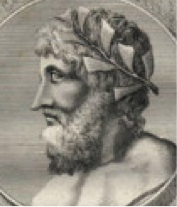
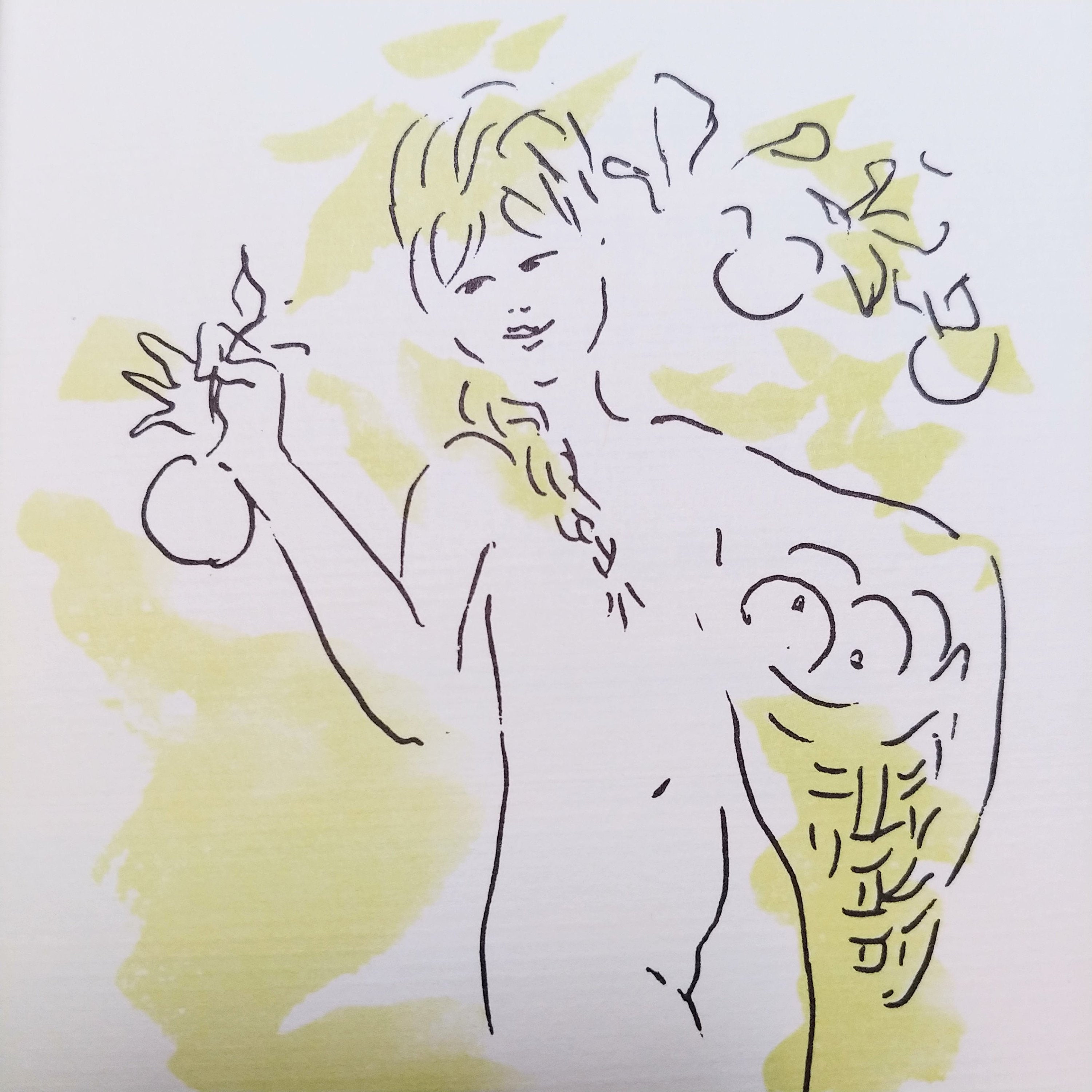
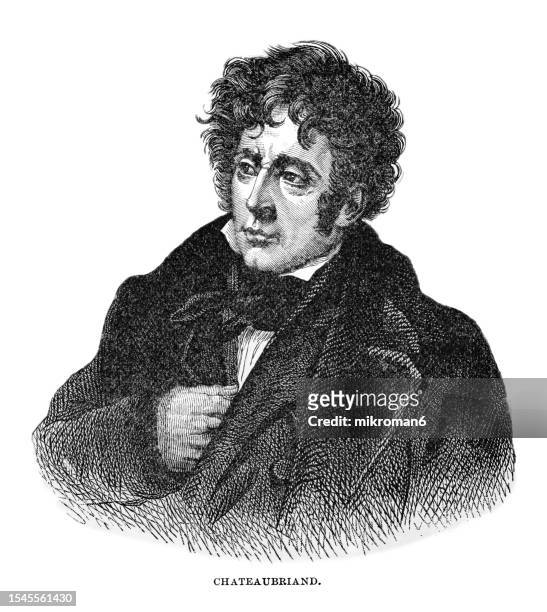


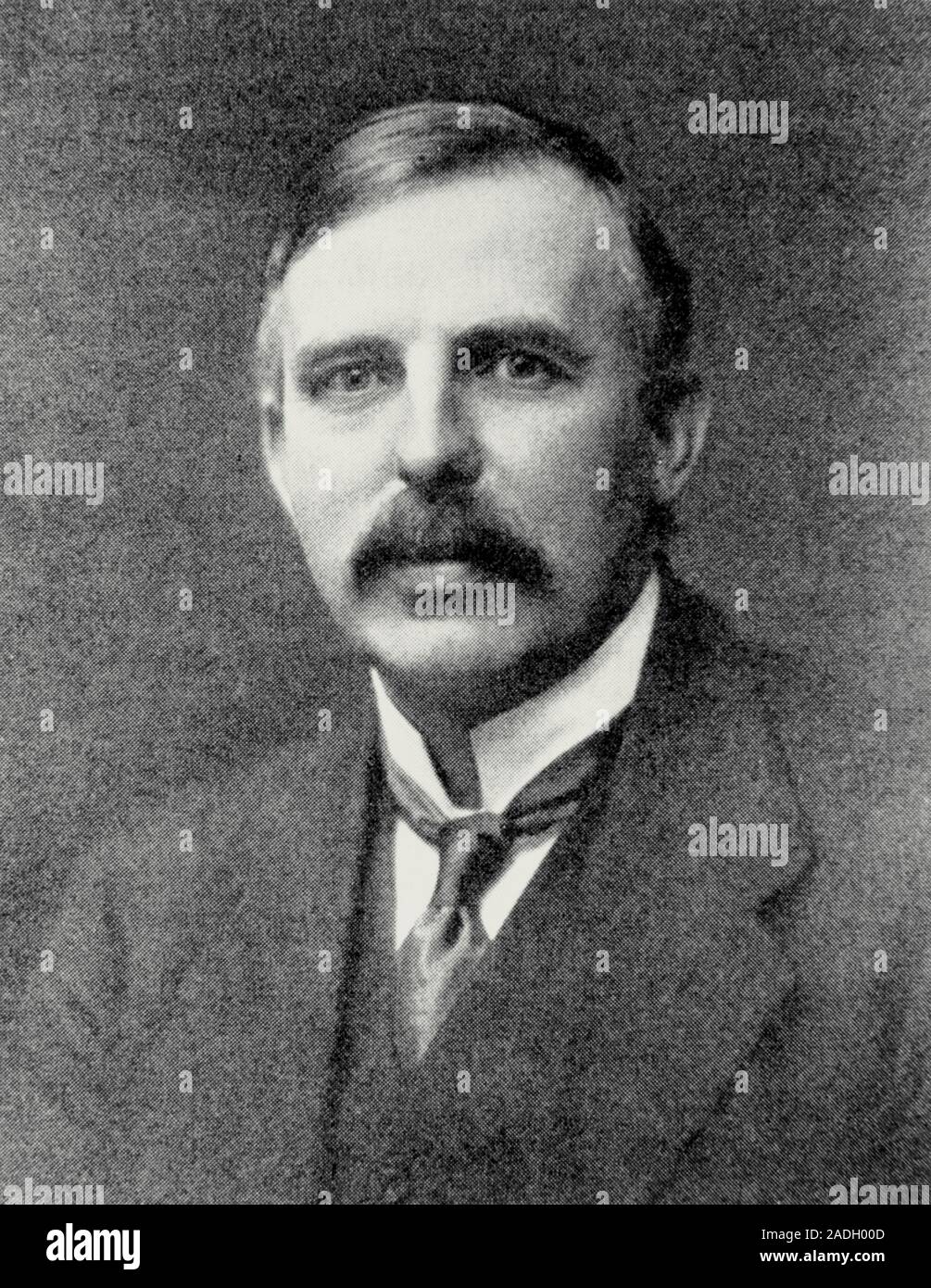


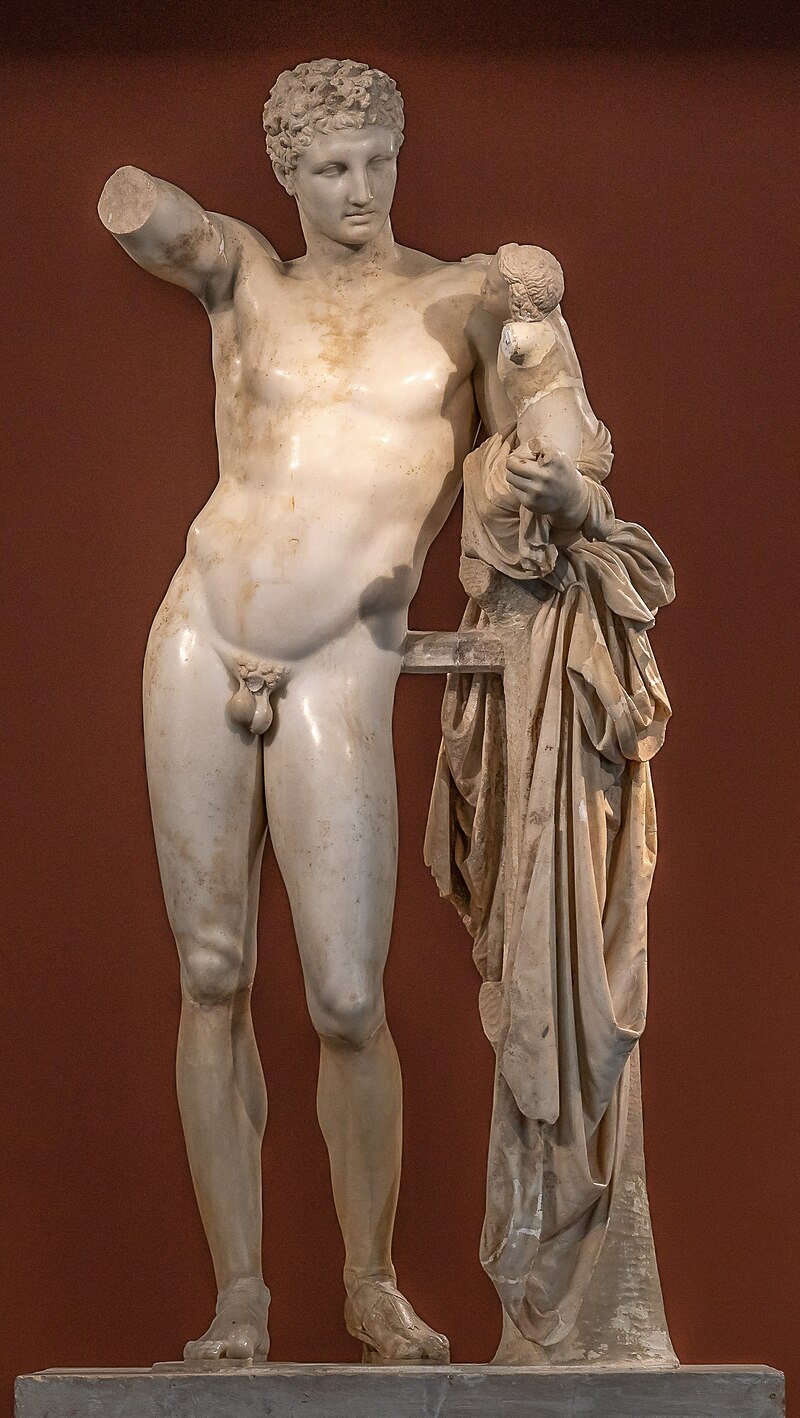











Comments